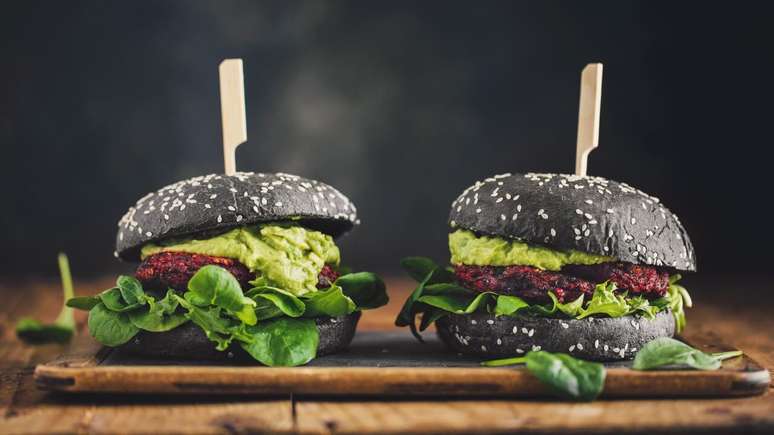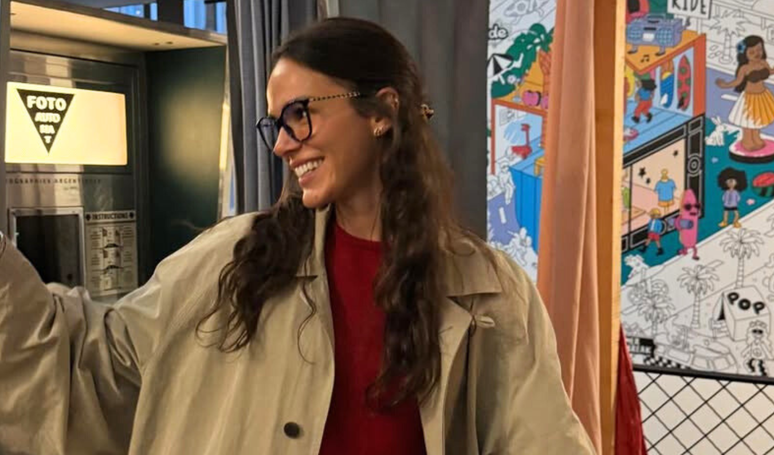Keep in mind that myths mostly arise during dieting
Veganism is the dietary habit that excludes the consumption of foods of animal origin, i.e. it denotes a 100% healthy option. It turns out that this choice does not only denote advantages and in this sense the nutritionist Dr. Marcella GarcezTHE nephrologist Dr. Carolina Reigada and pharmacist Maria Eugênia Ayres will expose the four myths and truths about vegan nutrition.
Discover the four myths and truths about vegan eating
Veganism isn’t always the healthiest
REAL! “Many of these plant-derived products, especially meat, are considered ultra-processed foods, that is, they are industrial formulations manufactured from substances extracted or derived from other foods, in this case plants and synthesized in the laboratory, such as dyes , flavourings, preservatives and additives. This processing is what makes such foods more palatable and similar to the products they are intended to replace, but it is also what makes them not as healthy as fresh foods, which may increase the risk of some health problems, such as obesity, cholesterol and cardiovascular disease. It is important to pay attention to what you buy and understand how that product was manufactured and what it contains in its composition. The best option for those who want to abandon the products of animal origin. A really healthy way is to invest in home preparations of fresh plant foods”, explained Dr. Marcella.
Does a vegan diet cause hair loss?
Myth! A structured vegan diet does not affect hair health and growth. “However, protein, iron, zinc and vitamin deficiencies can cause telogen effluvium, i.e. hair loss. When we think about hair building, two essential amino acids are most important: methionine and lysine. That’s why, diet vegan needs to include foods that are sources of these amino acids, such as beans, lentils, sprouts, soybeans, chickpeas, quinoa, almonds, walnuts and Brazil nuts.The traditional Brazilian combination of beans and rice is effective because it provides both: rice is rich in methionine and deficient in lysine, while beans are rich in lysine and deficient in methionine,” he said.
Does a vegan diet protect the kidneys?
REAL! “A diet based on vegetables, legumes and cereals is associated with a reduction in risk factors linked to kidney disease. This happens because there is a greater intake of fiber and antioxidants in the diet. These nutrients help the body against the inflammatory and oxidative stress. Furthermore, the vegan diet reduces the risk of hypertension, type 2 diabetes and metabolic syndrome, three problems strongly linked to kidney disease,” said the nephrologist.
Are vegan cosmetics weak?
Myth! “The benefits of vegan cosmetics are the same as traditional cosmetics. They help hydrate, delay the signs of aging and do everything that conventional cosmetics do, but without using animal products. To do this they use chemical and plant equivalents, ensuring skin care and beauty”, concludes Maria Eugênia.
Source: Terra
Ben Stock is a lifestyle journalist and author at Gossipify. He writes about topics such as health, wellness, travel, food and home decor. He provides practical advice and inspiration to improve well-being, keeps readers up to date with latest lifestyle news and trends, known for his engaging writing style, in-depth analysis and unique perspectives.



-t8431tbjr50x.jpg)




